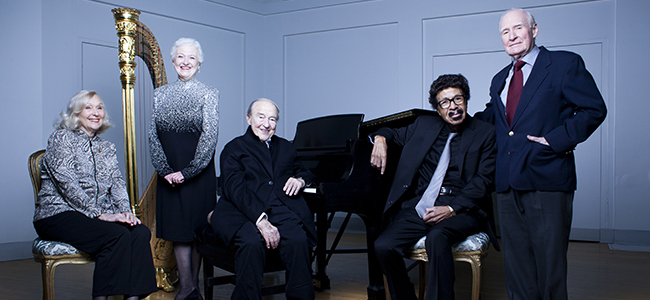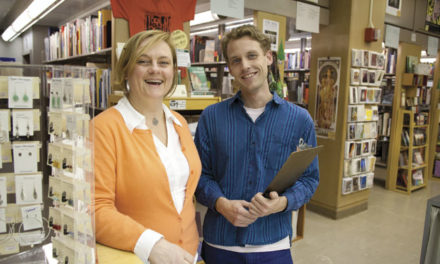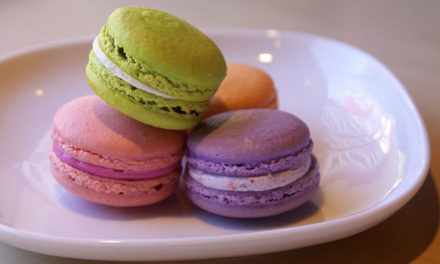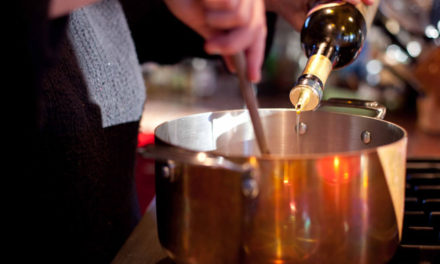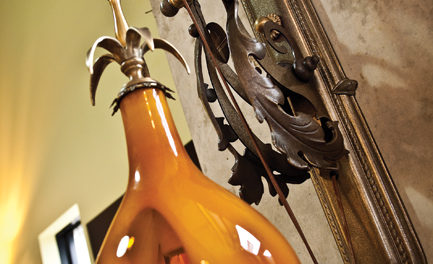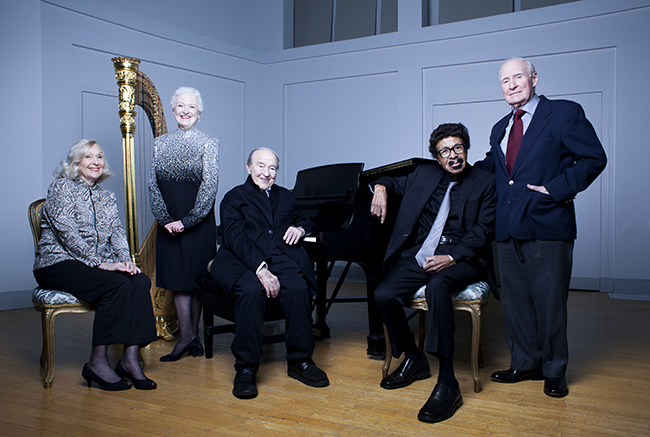
Five of the celebrated artists who helped make the Jacobs School of Music America’s best and brought great esteem to Indiana University
BY MIKE LEONARD, PHOTOGRAPHY BY SHANNON ZAHNLE
Charles H. Webb, dean emeritus of Indiana University Jacobs School of Music, says there is no mystery as to how Jacobs became the world’s largest school of music and one of the best.
“The single most important factor is the quality of the faculty,” Webb says. “If you are an outstanding student, the foremost question in your mind is who will I study with? Who will be my mentor?”
It’s been well documented that vaunted IU President and Chancellor Herman B Wells wanted to see the university develop a world-class school of music. During his presidency (1938–1962), The Metropolitan Opera helped set the stage by traveling from its home in New York City to the small Midwestern outpost of Bloomington, performing two operas annually for nearly two decades.
Webb and the current dean, Gwyn Richards, agree that the appointment of Wilfred C. Bain as dean in 1947 set the music school on its path to greatness. “When he became dean, no school in the country gave a doctorate in performance,” says Webb. “He argued that people in performance needed to be able to complete their education as high as people who were seeking a Ph.D. in other fields. So a doctorate in performance became a reality.”
The ability for a student to gain conservatory-quality training and take academic classes at a Research 1 university also enhanced the allure of IU.
“Bain sought faculty who knew what it was to be successful on the world’s best stages. But a good performer doesn’t guarantee a good teacher. When you get that combination of someone who can teach, and knows what it takes to be successful, that combination is unbeatable,” Webb says.
“Sometimes, it’s as much about that person’s timetable as ours,” Richards says. “We have the oldest average age of faculty members in the university, because a good number of them have come to us after a performance life. But we’ve always told them, you can still do both.”
The list of musicians who have come to IU from the most prestigious symphonies, opera companies, and ensembles in the world is lengthy, and Webb and Richards throw out their names as easily as one lists family members — Josef Gingold, Margaret Harshaw, János Starker, James J. Pellerite, Thomas Beversdorf, Virginia Zeani, György Sebök, Franco Gulli, Charles Gorham, Philip Farkas, Harvey Phillips.
“It’s all pretty much merit driven, which is one of the reasons why music is such an inclusive field,” Richards says. “One of the things we can be fairly proud of is that we did a lot ahead of the general society.”
With counsel from the Jacobs School of Music, Bloom chose five renowned senior faculty members to profile — pianist Menahem Pressler, ballerina Violette Verdy, violinist Stanley Ritchie, harpist Susann McDonald, and jazz musician David Baker.
“These people are path breakers. They’ve done it first and they’ve done it best, and they’ve brought what they do to its highest level,” Richards says. “Each has been at the forefront in some seminal way. Changed the field. Changed the profession. Changed the audience. We are so fortunate to have them here, working with our students.”


